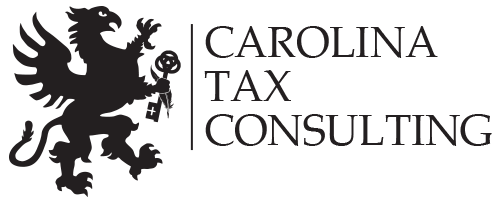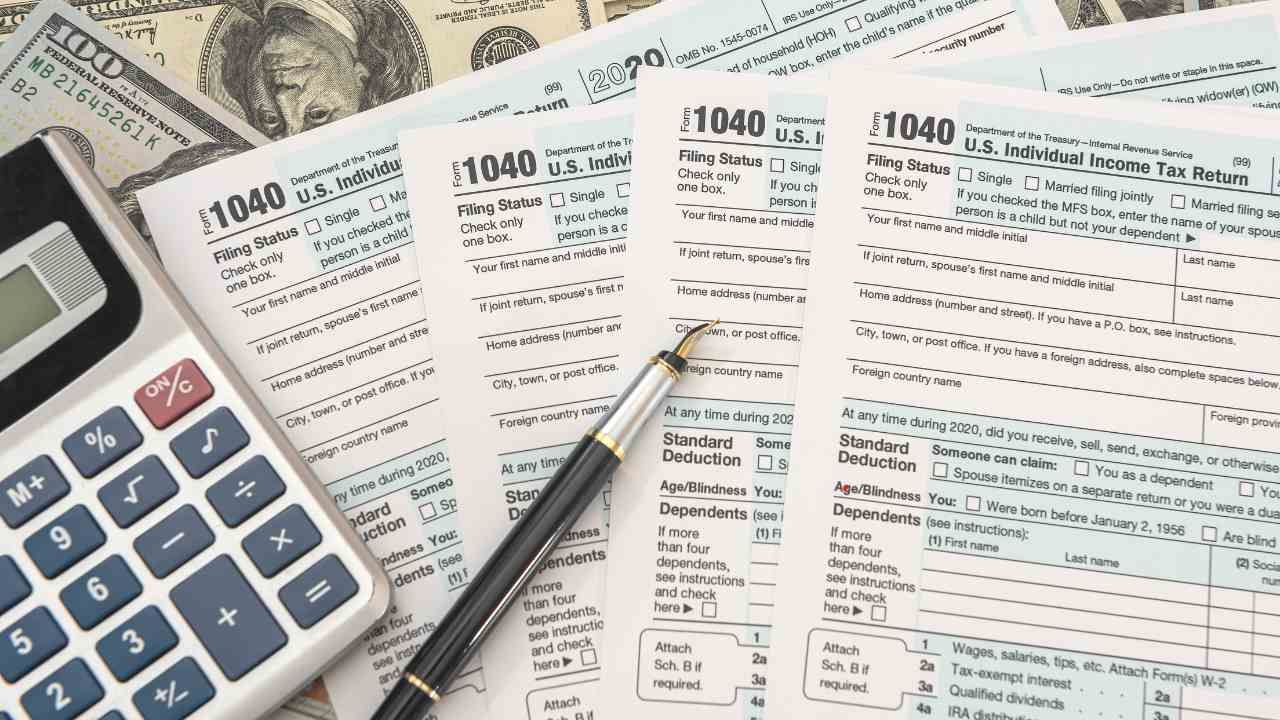Fort Mill Residents: 5 Steps to Get Organized for Tax Season

Tax season doesn’t have to be a scramble of receipts, forms, and last-minute calculations. With a bit of preparation, you can glide into April feeling confident, not chaotic. Whether you're filing a simple return or dealing with complex finances, staying organized will save you time, money, and stress. If you’re a Fort Mill, SC resident, this guide will help you get ahead—and stay ahead—this tax season.
In this post, we’ll walk you through five simple steps to get tax-ready and explain when it makes sense to call a tax consultant company for expert guidance on your tax-related services.
1. Gather All Your Tax Documents Early
Start with the essentials. Here’s a quick list of common documents you’ll need:
- W-2s from employers
- 1099s from freelance or gig work, investments, or unemployment
- Mortgage interest statements
- Charitable donation receipts
- Student loan interest forms
- Childcare or education expenses
Create a designated folder—physical or digital—and store these as they arrive. Waiting until the last minute to locate a missing document can delay your filing and increase the chances of making a costly error.
2. Separate Business and Personal Expenses
If you’re self-employed, a small business owner, or doing side gigs, separating your business from your personal expenses is critical. Mixing the two not only complicates your bookkeeping but could trigger IRS scrutiny.
- Use dedicated bank accounts and credit cards for business expenses.
- Keep detailed records of income and deductible costs.
- Store mileage logs, invoices, receipts, and home office expenses in one place.
This separation makes tax filing faster and can ensure you claim all the deductions you're entitled to.
3. Track Life Changes That Affect Your Taxes
Did you move to Fort Mill? Get married? Have a baby? These life changes can impact your filing status, deductions, and credits. Make a checklist of personal changes that may influence your return:
- Marital status
- Dependents
- New home purchase or sale
- Job change
- Retirement contributions
Keep relevant paperwork, such as marriage certificates or closing documents, on hand. Sharing these with your tax preparer helps maximize your refund or minimize your liability.
4. Review Last Year’s Tax Return
Last year’s return is more helpful than you think. Use it as a roadmap to ensure you’re not missing anything this year. It can also help:
- Compare income year-over-year
- Identify recurring deductions
- Catch overlooked credits
- Note carryover items like capital losses or unused deductions
Reviewing your previous return with a professional can also uncover long-term tax strategies to save more in the future.
5. Decide If You Need a Tax Pro
Some people can handle their taxes solo. But if your financial life has become more complex—or you simply want peace of mind—it’s smart to partner with a trusted tax expert.
A professional tax consultant company like Carolina Tax Consulting can help Fort Mill residents minimize errors, find deductions, and avoid surprises. From real estate investments to small business filing, their personalized Fort Mill services take the guesswork out of tax prep.
Case Study: How One Fort Mill Resident Simplified Tax Season
Last year, Jennifer—a Fort Mill teacher with a side tutoring gig—found herself buried in spreadsheets and receipts. After missing deductions and facing a penalty for underpayment, she decided to work with Carolina Tax Consulting. The result? She filed early, claimed educator expenses she had missed, and discovered she was eligible for a self-employment tax deduction. This year, she’s confident and ahead of the game.
Take the First Step Today
You don’t need to wait for W-2s to start prepping. The sooner you get organized, the smoother your tax season will be. And if you’re feeling overwhelmed, you don’t have to do it alone. A little planning and the right support can go a long way.
Ready to make this tax season your easiest yet? Contact Carolina Tax Consulting today and take control of your finances.
Ready to work with Carolina Tax Consulting, LLC?
Let's connect! We’re here to help.
Send us a message and we’ll be in touch.
Or give us a call today at 803-410-5885











